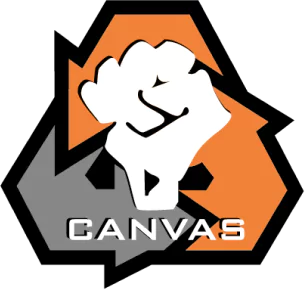Oct 9, 2010-2010
Western Sahara
Western Sahara Independence Protest Camp
Share
ACTIVISTS/ACT.GROUPS/DESCRIPTION OF THE GROUP
Sahrawis
TARGET
Moroccan Government
WIDELY HELD BELIEF
Local citizens have human rights and govt. should protect their rights.
CASE NARRATIVE
Issue and Opponent: In 1975, Spain handed over control of the territory lying between Morocco and Mauritania, known as Western Sahara, to be divided between the two states after they invaded and occupied the territory. Since its formation in 1973, the Polisario Front (Western Sahara’s liberation movement) has fought for the territory. In 1976, the exiled Polisario founded the Sahrawi Arab Democratic Republic (SADR) in Algeria. In 1979, Mauritania signed a peace treaty with the Polisario Front, recognized the SADR, and withdrew its occupation. In theory, Morocco and the SADR would share the power of the Western Sahara. However, in the 1980s, Morocco built a military wall to separate the area controlled by the SADR, which was only about a quarter of the territory. The Sahrawis living in Moroccan-controlled Western Sahara have reported human rights abuses and disparate living conditions ever since. Dilemma Action: On October 10, a protest camp was created by the Sahrawis living in Western Sahara. Instead of protesting in the capital, they set up tents in the desert in an area known as Gdeim Izik. A small number at first quickly grew to over 15,000 demonstrators–almost 7,000 tents. The media that was allowed to enter the camp reported the Sahrawis were protesting economic issues and ongoing discrimination and human rights abuses against the locals. The Moroccan government was faced with either allowing the camp to continue, which would have increased awareness of the problems in Western Sahara, or destroying it through force. Outcomes: October 24 marked the day the protests took a turn, as Moroccan security forces monitoring the camp shot and killed a 14-year-old Sahrawi boy attempting to enter the encampment. The Moroccan government grew nervous about the media presence and bad publicity. On November 8, Moroccan authorities forcefully dismantled the camps by beating and abusing many of the protesters. They blocked wounded Sahrawis from seeking medical treatment. They also deported an Al Jazeera journalist sent to cover the camp and closed the company’s office in the country over fears of bad publicity. Restrictions placed on travel to Laayoune and limitations on media access sparked concerns among the international community about the Moroccan claims to liberalization, reform, and commitment to devolution. To reduce the international pressure and attention, Morocco replaced Laayoune’s civil governor with a Sahrawi. This protest in the desert was part of a larger campaign to establish the SADR as the majority controlling power in Western Sahara and free the Sahrawis from Moroccan repression.
PRIMARY STRUGGLE/GOAL
NONVIOLENT TACTICS USED
DA TACTICS USED
Sit-in
CASE NARRATIVE WRITER
SUCCESS METRICS
9 / 12
(CONC) Concessions were made
(EREP) Dilemma action got replicated by other movements
(MC) Media Coverage
(MSYMP) Media coverage was sympathetic to the activists
(OR) Opponent response
(PS) Dilemma action built sympathy with the public
(PUN) Punishment favored the activists
(REFR) Dilemma action reframed the narrative of the opponent
(SA) Dilemma action appealed to a broad segment of the public
PART OF A LARGER CAMPAIGN
1 / 3
Activist group continued working together after the action
RESOURCES
Project documentation
Dilemma Actions Coding Guidebook
Case study documentation
Dilemma_Actions_Analysis_Dataset
SOURCES
Wilson, Alice. 2013. “On the Margins of the Arab Spring,” Social Analysis: The International Journal of Anthropology. Retrieved July 22, 2023. (https://www.jstor.org/stable/42705146).
Human Rights Watch. 2010. “Western Sahara: Beatings, Abuse by Moroccan Security Forces
Investigate Violent Response to Disturbances,” Retrieved July 22, 2023. (https://www.hrw.org/news/2010/11/26/western-sahara-beatings-abuse-moroccan-security-forces).
Accord. 2015. “Western Sahara Since the Arab Spring,” Retrieved July 22, 2023. (https://www.accord.org.za/conflict-trends/western-sahara-since-arab-spring/).
Ruiz Miguel, Carlos. 2010. “Gran nerviosismo del majzén marroquí,” Perioditsa Digital. Retrieved July 22, 2023. (https://www.periodistadigital.com/desdeelatlantico/20101030/gran-nerviosismo-del-majzen-marroqui-689403919094/).
Gillespie, Richard. 2011. “The Entry of New Factors into the Western Sahara Conflict,” IE MED. Retrieved July 22, 2023. (https://www.iemed.org/publication/the-entry-of-new-factors-into-the-western-sahara-conflict/).
Related cases
Jan 15, 2012-2012
Russia
Issue and Opposition: Putin became acting president after Yeltsin’s resignation in 1999. Within the next few months, he became the president. Due to constitutional con...
/
Apr 29, 1991-1991
Central African Republic
On September 20, 1981, General Anre Kolingba overthrew the authority of President Dacko and consolidated his power by drafting a constitution. He was sworn into presid...
/
Feb 1, 2021-2021
Myanmar
A coup occurred in Myanmar, which has received widespread Western condemnation. People took to the street to protest this military takeover. Mya Thwate Thwate Khaing w...
/
Subscribe to our newsletters to get full access to all materials on our website.

